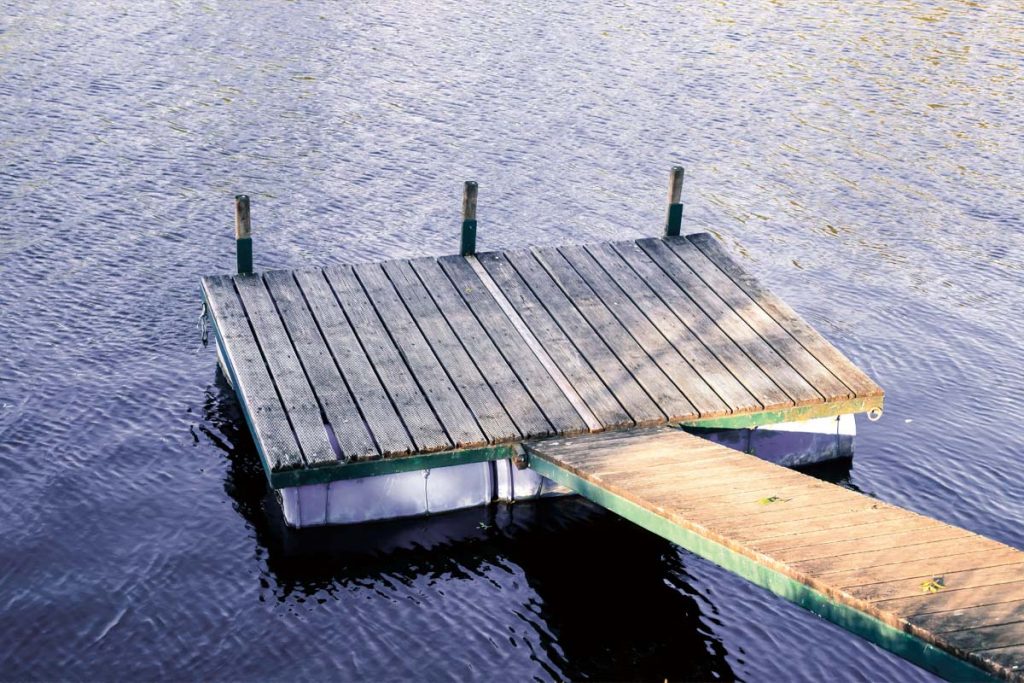How Floating Dock and Jetty Systems Support Eco-Friendly Boating?
Floating dock and jetty systems play an essential role in promoting eco-friendly boating by offering a range of environmental benefits that support both marine ecosystems and sustainable waterway management. These structures, which are typically constructed from materials like wood, plastic, or metal, are designed to float on water rather than being fixed to the shore, allowing them to adjust to changes in water levels due to tides or weather patterns. This adaptability reduces the impact on surrounding ecosystems, as they do not require dredging or significant alterations to the natural shoreline, preserving delicate habitats and minimizing disruption to aquatic life. One of the key environmental advantages of floating docks and jetties is that they help protect the shoreline from erosion. By providing a stable platform for boats to dock, they prevent the need for direct boat contact with the shore, which can cause damage to the surrounding vegetation and soil. Additionally, floating dock systems are designed to disperse the weight of boats more evenly, reducing the strain on the water’s surface and the impact on aquatic plants and animals.

This distribution of weight ensures that boat traffic does not compact the sediment along the shoreline, which can negatively affect the water quality and local wildlife. Floating hiseadock are also more eco-friendly in terms of water quality. Traditional fixed piers often require extensive pilings that can disrupt the flow of water beneath them, potentially leading to sediment buildup or harmful changes in the water’s oxygen levels. Floating systems, however, allow water to flow freely beneath them, minimizing the disturbance to the natural water circulation. This is particularly important in shallow or sensitive environments, where water flow is crucial to maintaining healthy ecosystems for fish, plants, and other marine life. Furthermore, floating docks and jetties are designed with sustainability in mind. Many modern systems are built using recycled materials or materials that are resistant to the damaging effects of corrosion, ensuring they have a longer lifespan and require less maintenance over time.
This reduces the need for replacement materials and minimizes the ecological footprint of the structure. Some systems are even equipped with environmentally-friendly features, such as solar-powered lights or energy-efficient pumps, which further reduce their environmental impact. In addition to their direct benefits to water quality and marine life, floating docks can help reduce the risk of spills and contamination. With the ability to contain and manage waste, such as fuel or oil, more effectively than traditional piers, floating dock systems contribute to cleaner waterways by preventing pollutants from entering the water. This is particularly important in areas with high boating activity, where the risk of spills is increased. Ultimately, floating docks and jetty systems are an essential component of sustainable boating practices. By preserving natural habitats, promoting water quality, and reducing the impact of boating activities on the environment, they provide a more eco-friendly alternative to traditional docking methods, supporting the long-term health of marine ecosystems.